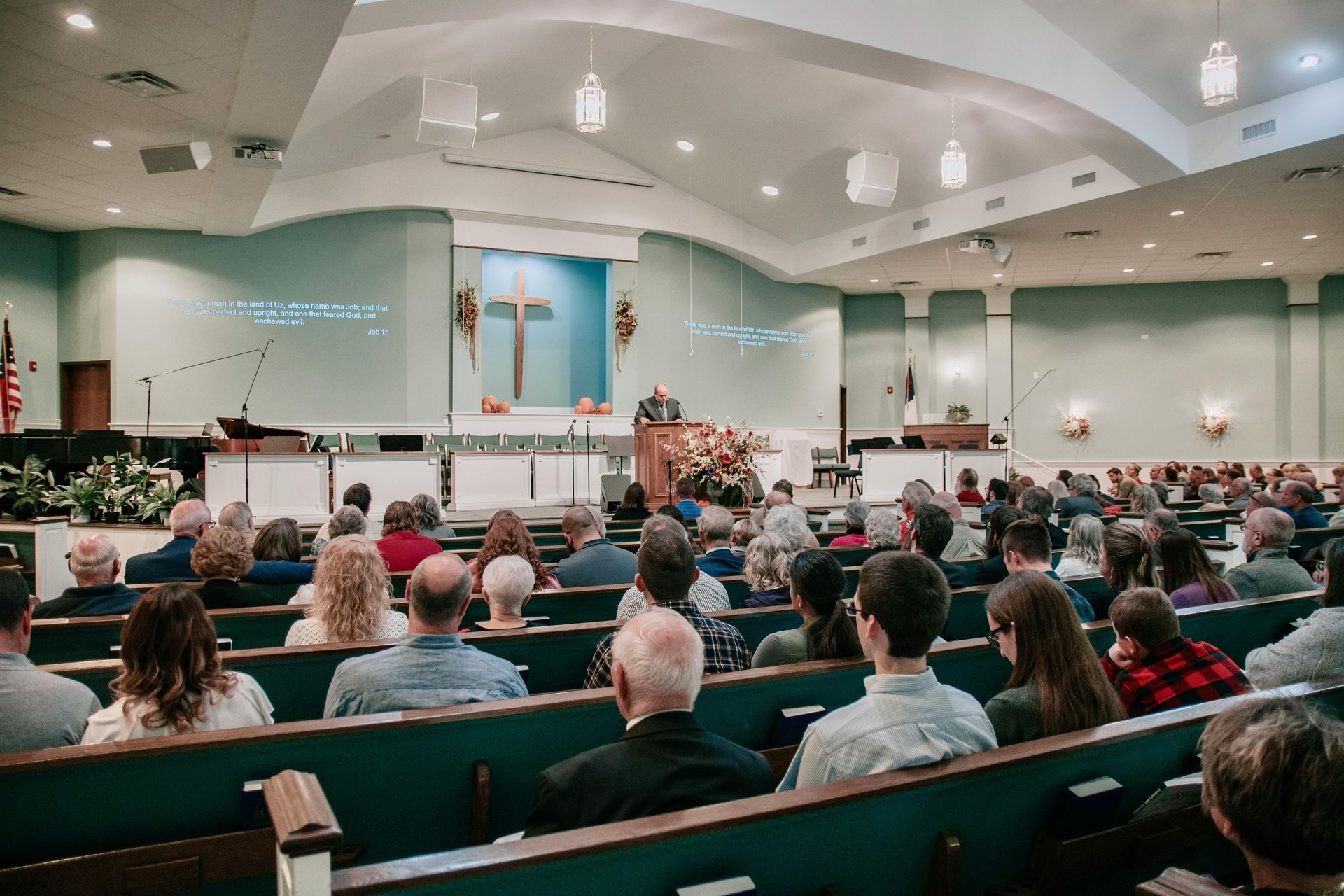Does Your Church Have a Sabbatical Policy?
Hannah and I recently had our first ever sabbatical, a wonderful gift from our church after seven years of leading. Although sabbaticals are becoming much more common as churches try to protect leaders from burnout, I am also aware of lots of pastors whose churches do not have a sabbatical policy. Many of them have reached out to us to ask about ours.
So, here is our policy that we wrote in conjunction with our church council that seeks to help and protect both the pastor and the church. Hope it helps!
SABBATICAL LEAVE
Purpose
It is the church’s intent that after each seven (7) or more consecutive years of service in this church, the pastor be provided a paid sabbatical leave for the purpose of ministry enrichment. However, a sabbatical is not automatically granted, and the council reserves the right to decline your request at the time in light of the prevailing circumstances. The sabbatical is not to be viewed as an extended vacation but an opportunity for the pastor to step away for a period of time in order to be spiritually, physically, mentally, and professionally renewed and refreshed.
The Sabbatical is not just a reward for longevity of service. More importantly, it is an opportunity for those who have given consistently of themselves in teaching and ministry to be replenished so that they might continue to lead the congregation and serve the Lord in their calling upon return.
Proposal
At least three months prior to the desired sabbatical dates, the pastor should prayerfully submit a plan for personal renewal and growth which reflects the purpose of a sabbatical and explains how the sabbatical will enhance the ministry of the pastor and further the mission and vision of this church. The proposal may include a combination of plans for study, travel, relaxation, family time, writing, and personal goals. Please ask for an example of a Sabbatical proposal.
The proposal should be done in consultation with the Lead Pastor(s) (or council in case of the Lead Pastor), and must include the following: start/end date, accountability partner, and plan reflecting an appropriate balance of physical rest, personal recreation, family investment, intellectual stimulation, and spiritual renewal.
As this is paid time away, funding for the sabbatical is usually not included, but may be requested and will be considered in some cases based on the merit of the proposal and its benefit to the church. However, the pastor may use all or part of their professional and personal development benefit for/during their sabbatical.
Length
A maximum of twelve (12) weeks for all pastoral staff and sixteen (16) weeks for Lead Pastors will be considered with appropriate proposals. An additional two (2) weeks may be requested for each subsequent sabbatical at Oceanside.
Up to four (4) weeks of vacation time may be applied to the time away in order to extend the sabbatical if desired. This should be communicated in the proposal and proper protocol for requesting vacation time should be used.
During and After
While on sabbatical, the employee will not seek outside employment or income-generating ministry. The employee will continue to receive full base salary, medical benefits and pension benefits, but would not be eligible for expense reimbursements such as phone, mileage, etc.
An accountability partner preferably from within the church (but in some cases approved by the church) should be proposed (or will be assigned) to periodically check in with the pastor on how the sabbatical is going and progress on plans and goals.
After a sabbatical, a written report must be submitted to the immediate supervisor, council, and accountability partner (if different) within one month of returning to work, reporting on all set sabbatical plans and goals along with other unplanned experiences contributing to one’s sabbatical. A time to debrief with the supervisor will be scheduled.
Upon return from paid sabbatical leave, a one-year minimum continued employment commitment is expected. If an employee leaves this church before one year has passed, the remuneration during the sabbatical leave must be paid back at a pro-rated amount.
NEWSLETTER SIGNUP (blog post layout)
ABOUT JOSEPH
Pastor, Author, and sometimes pretends to be a scholar
Joseph (PhD, University of Birmingham) is the author of The Pentecostal Gender Paradox: Eschatology and the Search for Equality.
Since 2015, he and his wife have together pastored Oceanside Community Church on Vancouver Island, where they live with their four children.










